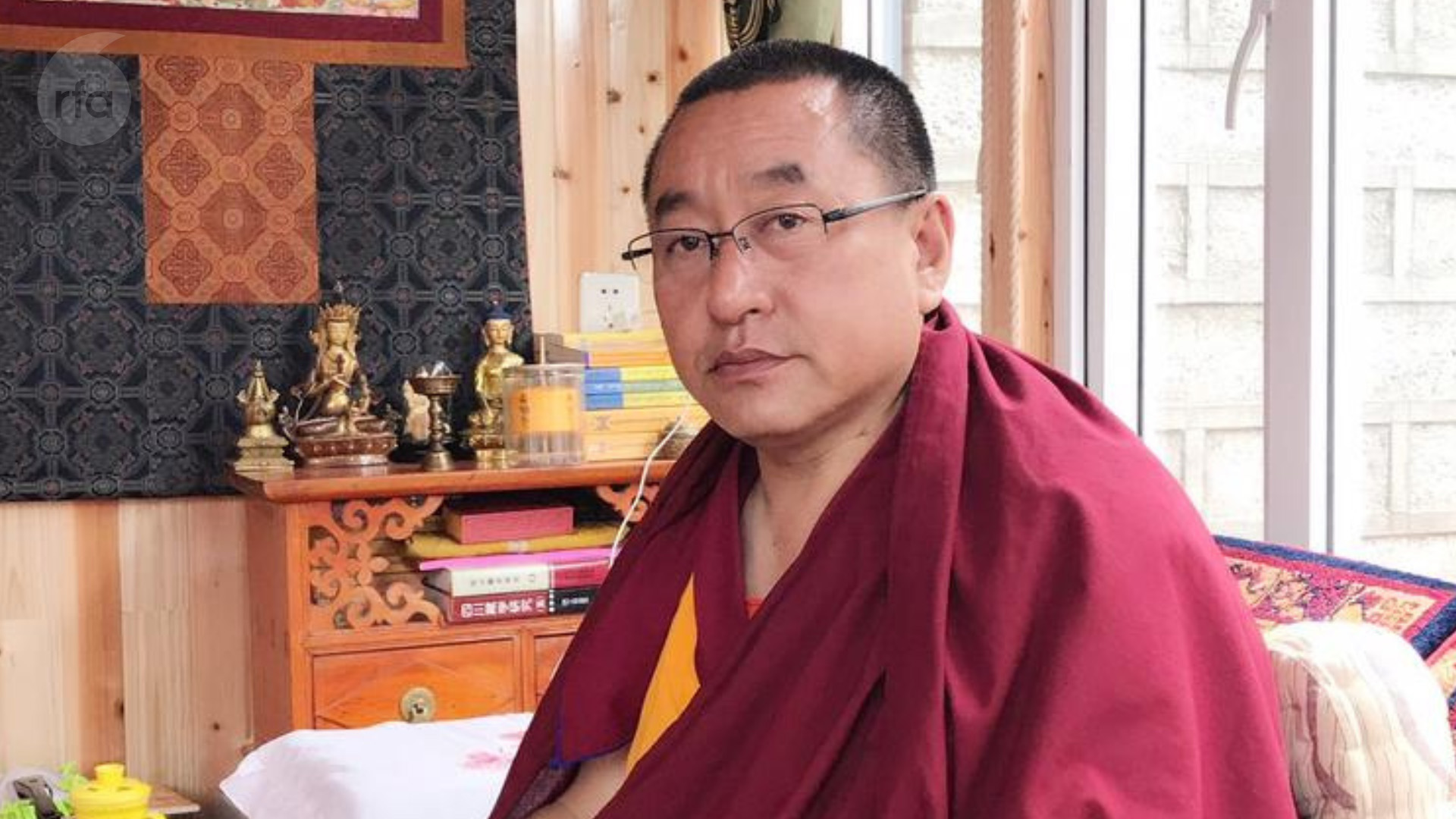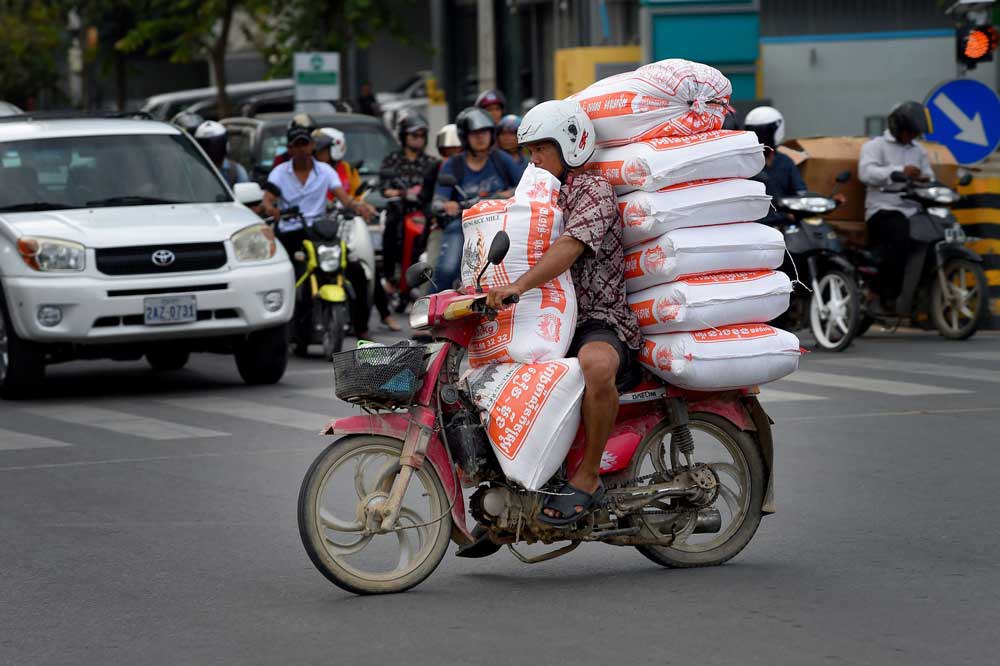
China imprisons 2 Tibetan monks for sending donations to Dalai Lama
Chinese authorities in Tibet have sentenced two monks from the Kirti monastery in Sichuan province to prison for sending prayer offerings to the Dalai Lama and the abbot of their monastery, both living in exile in India, Radio Free Asia has learned. The two monks, Rachung Gendun and Sonam Gyatso, had both sent the donations to Tibet’s foremost spiritual leader and Kirti Rinpoche, sources said. In both cases, details surrounding their trials and sentencing are not known in detail, but Chinese authorities consider it illegal for Tibetans to contact exiles. They are particularly sensitive about contacts made with the Dalai Lama, who fled to India 70 years ago and has been living there ever since. Sources said Rachung Gendun was sentenced to three years in prison, and Sonam Gyatso to two years. They are both currently detained at Menyang prison (in Chinese Mianyang) near the city of Chengdu in Sichuan province. Rachung Gendun had been strongly opposed to the Chinese government’s “patriotic education” campaign, a Tibetan source inside Tibet said. Beijing has run the high-profile campaign among Tibetans since unrest spread across Tibetan regions from Lhasa in March 2008, requiring local people to denounce the Dalai Lama, whom the government rejects as a “splittist.” Rachung Gendun voiced his opposition to the program, and was interrogated and detained for a few months. Chinese authorities also raided his quarters and confiscated photos of the Dalai Lama and several other times. A Tibetan living in exile said Rachung Gendun had been arrested on April 1, 2021, from his quarters at the monastery, and his family did not know where he was until three months later. “Later, after his arrest was known, his family members hoped for his release, but for the past year or so his family have not been able to see him even once,” the exile source said. Sonam Gyatso in an undated photo. Credit: citizen journalist Sonam Gyatso A few days later, authorities arrested Sonam Gyatso, on April 3, 2021, in Chengdu while he was vacationing there, a source inside Tibet told RFA on condition of anonymity to speak freely. “Since then, he has been under constant interrogation from the police at a detention center near Barkham [Maerkang] and they didn’t reach a verdict for more than a year,” the source said. “We have learned that he is sentenced to two years in prison but we don’t know about his current health condition or any other related information,” said the source. Sonam Gyatso became a monk at a very young age and studied Buddhism at the Kirti Monastery, obtaining the Geshe degree, a higher academic degree in Buddhist philosophy, according to the source. Afterwards, he worked in the monastic department and became a mentor at the monastery. While working there, he encountered many problems with the local Chinese authorities, the source said. “Geshe Sonam’s older sister, Tsering Lhamo, was also detained by the Chinese authorities a year ago for an unknown reason. She worked at a bank in Ngaba [Aba] county,” a Tibetan living in exile told RFA on condition of anonymity to speak freely. No further information on Tsering Lhamo’s current status is known, the source said. The Dalai Lama is the spiritual leader of Tibetan Buddhists around the world, and is a global representative advocating for the protection of Tibetan culture, language and history. He fled Tibet into exile in India in the midst of a failed 1959 Tibetan national uprising against China, which sent troops into the formerly independent Himalayan country in 1950. Displays by Tibetans of the Dalai Lama’s photo, public celebrations of his birthday, and the sharing of his teachings on mobile phones or other social media are often harshly punished. Chinese authorities maintain a tight grip on Tibet and on Tibetan-populated regions of western China, restricting Tibetans’ political activities and peaceful expression of cultural and religious identity, and subjecting Tibetans to imprisonment, torture and extrajudicial killings. Translated by Tenzin Dickyi. Written in English by Eugene Whong.



